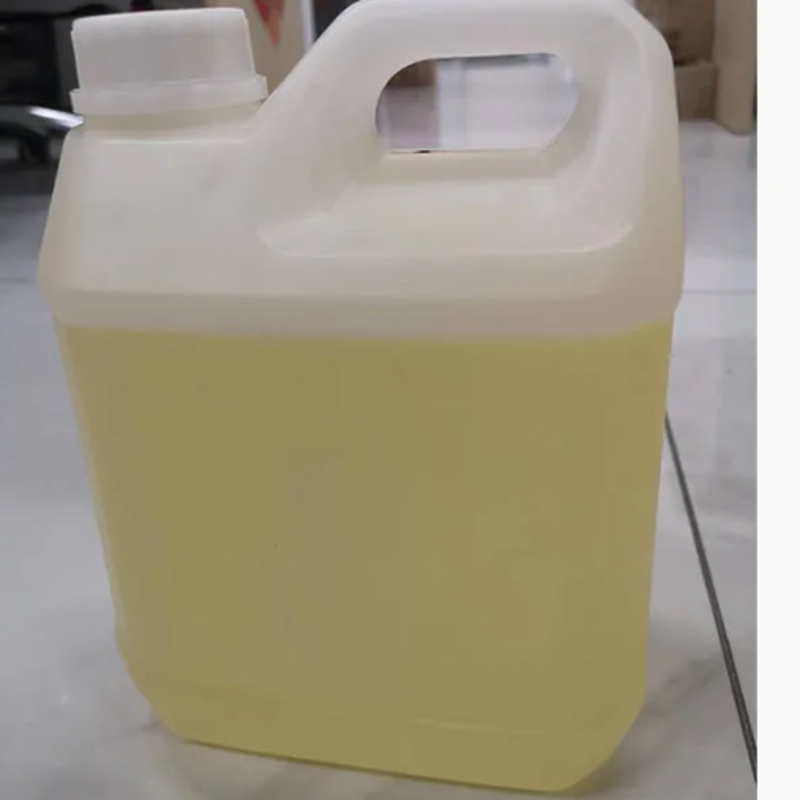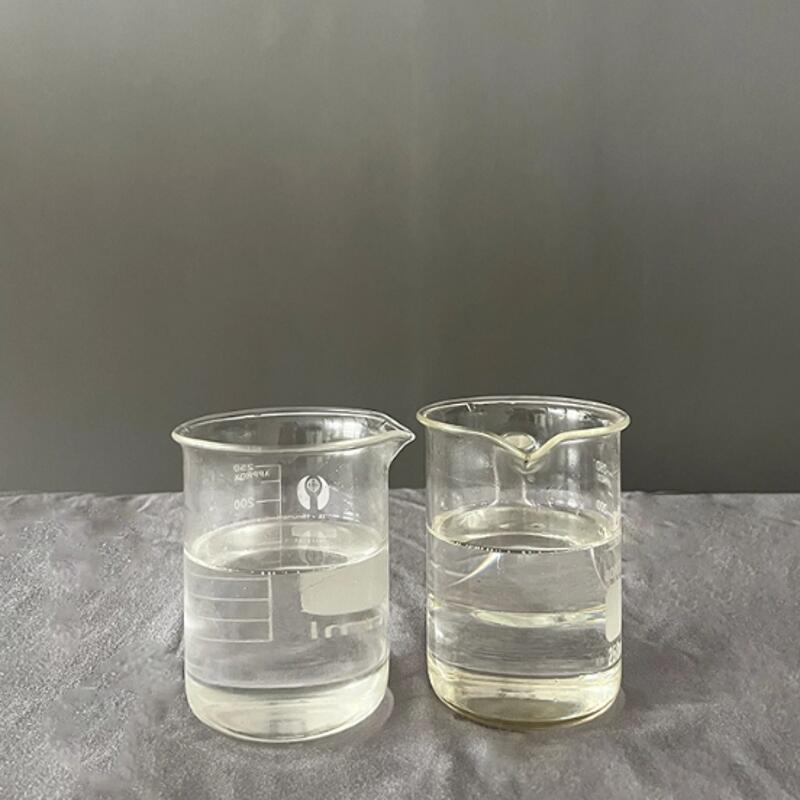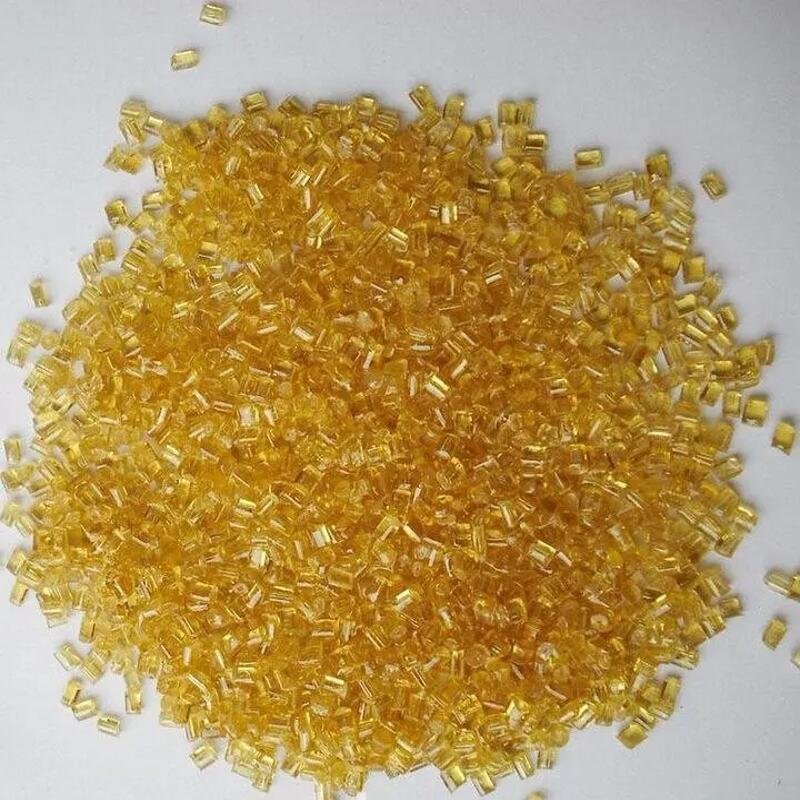-
Categories
-
Pharmaceutical Intermediates
-
Active Pharmaceutical Ingredients
-
Food Additives
- Industrial Coatings
- Agrochemicals
- Dyes and Pigments
- Surfactant
- Flavors and Fragrances
- Chemical Reagents
- Catalyst and Auxiliary
- Natural Products
- Inorganic Chemistry
-
Organic Chemistry
-
Biochemical Engineering
- Analytical Chemistry
-
Cosmetic Ingredient
- Water Treatment Chemical
-
Pharmaceutical Intermediates
Promotion
ECHEMI Mall
Wholesale
Weekly Price
Exhibition
News
-
Trade Service
In early March 2021, overseas media reported that SABIC and bp signed a new agreement to jointly promote the circular economy in the petrochemical activities of the Gelsenkirchen Chemical Park in Germany.
Advanced recycling converts waste plastics into pyrolysis oil
Certified recyclable polymers are part of SABIC’s TRUCIRCLE™ product portfolio and are produced using advanced recycling technologies to convert poor-quality mixed plastics and used plastics (incineration or landfill) into pyrolysis oil.
The final material has the same characteristics as the original polymer, and the plastic can be recycled over and over again without losing any characteristics or properties.
"Advanced recycling allows us to increase the production of sustainable materials and use the earth's resources wisely, while reducing the use of conventional methods such as landfilling and burning.
bp and SABIC have decades of cooperation on petrochemical products at the Gelsenkirchen plant, which is the starting point of the value chain of the chemical industry network in the northern Ruhr region.
"This is an important milestone in our vision.
Ethylene Propylene
ISCC+ certified basic chemicals and recyclable polymers
bp certified basic chemicals and SABIC certified cyclic polymers are recognized by the International Sustainability and Carbon Certification (ISCC+) program, which certifies the content and standards of the entire value chain from the source to the final product.
Recyclable polymers are part of SABIC TRUCIRCLE's product portfolio and services for recyclable innovations.
Do not forget the original intention, deepen the sustainable development strategy
Sustainable development is one of the core contents of SABIC's "2025 Vision".
Working with SAIC-GM, SABIC has launched the world's largest LEXAN polycarbonate rear triangular window for automobiles, which can reduce weight by up to 40% compared with glass windows, which can help reduce greenhouse gas emissions.
In addition, in response to China’s booming e-commerce industry’s growing demand for packaging solutions, SABIC has also jointly developed innovative foam packaging solutions with Ino Packaging, one of the leading manufacturers in China’s packaging industry, to make packages more Lighter, stronger and more durable.
Take the washing powder packaging bag as an example.
Physical recycling: direct recycling after consumption is suitable for blended products that contain a high proportion of recycled materials to improve processing and product performance; and for resins that can improve recycled performance.
In short, physical recycling is the process of breaking the well-known plastic bottles and other waste into plastic particles, adding other materials to make new plastic products.
Chemical recovery: Recyclable polymers are directly "returned to their original form" through chemical steps, and re-enter the cracking device to "start from scratch" to produce plastics.
For example, SABIC helped Unilever become the world’s first food brand to use recycled plastic packaging.
The bio-based renewable polymer SABIC is certified by ISCC.
It is a renewable polymer product series based on raw materials that do not conflict with the food chain.
It aims to reduce the use of fossil fuels.
The bio-based raw materials used do not contain animal oil and palm oil ingredients.
The waste ingredients from the paper industry have the same performance as traditional products and have a lower carbon footprint throughout the product life cycle.
This solution can ensure that the safety and performance of the product itself is not affected, and there is no need to modify the downstream production process, which not only saves costs, but also helps to alleviate the global food crisis and the earth's climate change.
Based on pioneering measures such as TRUCIRCLE®, SABIC focuses on integrating "sustainable development" throughout the entire corporate value chain and cooperating with all parties in the industry chain.
From upstream raw materials to operations, customers, use phases and recycling after the end of the product life cycle, SABIC is committed to creating a true "closed loop" of plastics.
(Keyword: Ethylene Propylene)







